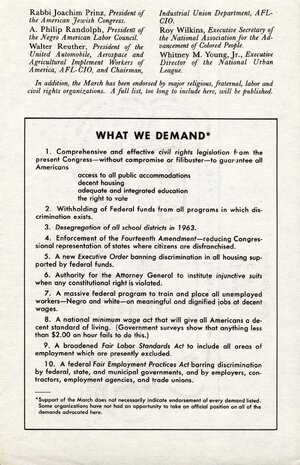ZenMode
Legend of ZZL
- Messages
- 6,077
A very succinct description.Woke = social justice politics with class taken out.
Social justice has been the domain of the left for its entire existence. This has always involved uplifting marginalized people through a universalist message. See: the Civil Rights Movement. However, this message has always also had a core class component.
Wokeness flips this traditional left message on its head by essentializing race. Whereas traditional leftist messaging emphasizes understanding and commonality, wokeness asserts that people of different races can never understand one another’s experiences.
Large corporations and universities were more than willing to accept this new paradigm. After all, putting a few people of color in high positions is a good way to deflect from any accusations that these institutions may face. Moreover, wokeness does not present a challenge to the entrenched class interests of elites.
The very real issues with this wokeness have been weaponized by the right as an all-out attack on the idea of diversity itself. They will label anything that disagrees with their political program “woke.” But that doesn’t mean that leftists and liberals should ignore the problem.
IMO, wokeness extends beyond race into gender, sex, nationality, sexual preference, religion etc and if you do the math one way, one group is the bigger victim and another group if you do that math a different way. So, a trans, black Muslim would be a bigger victim than a trans white man.
Last edited:

